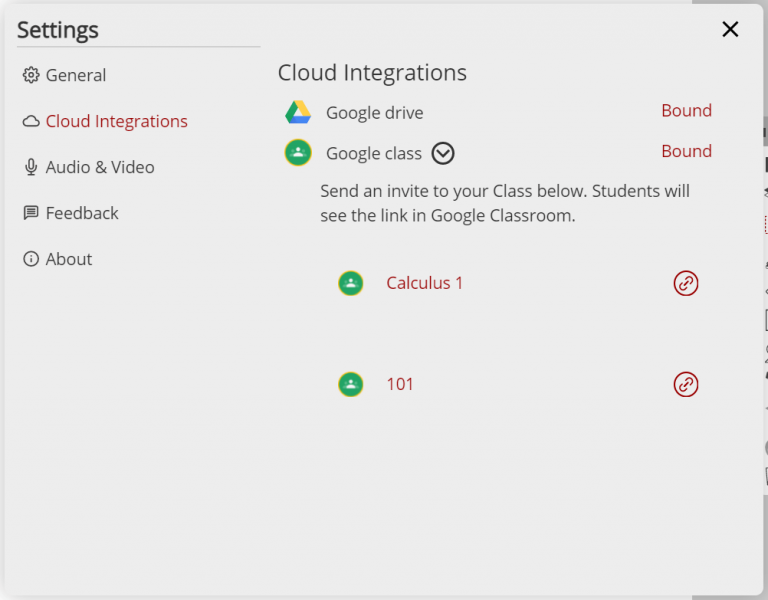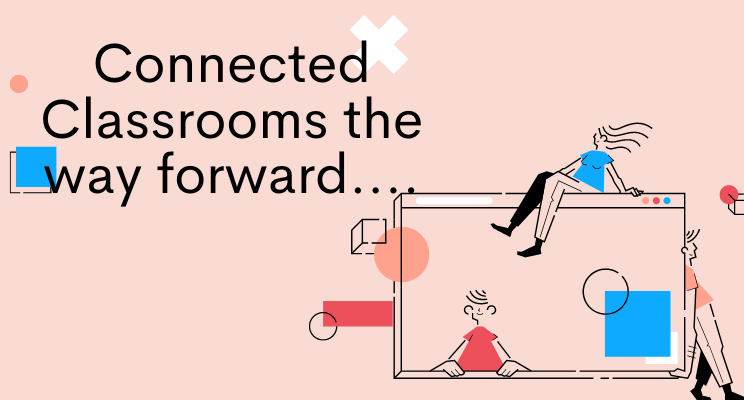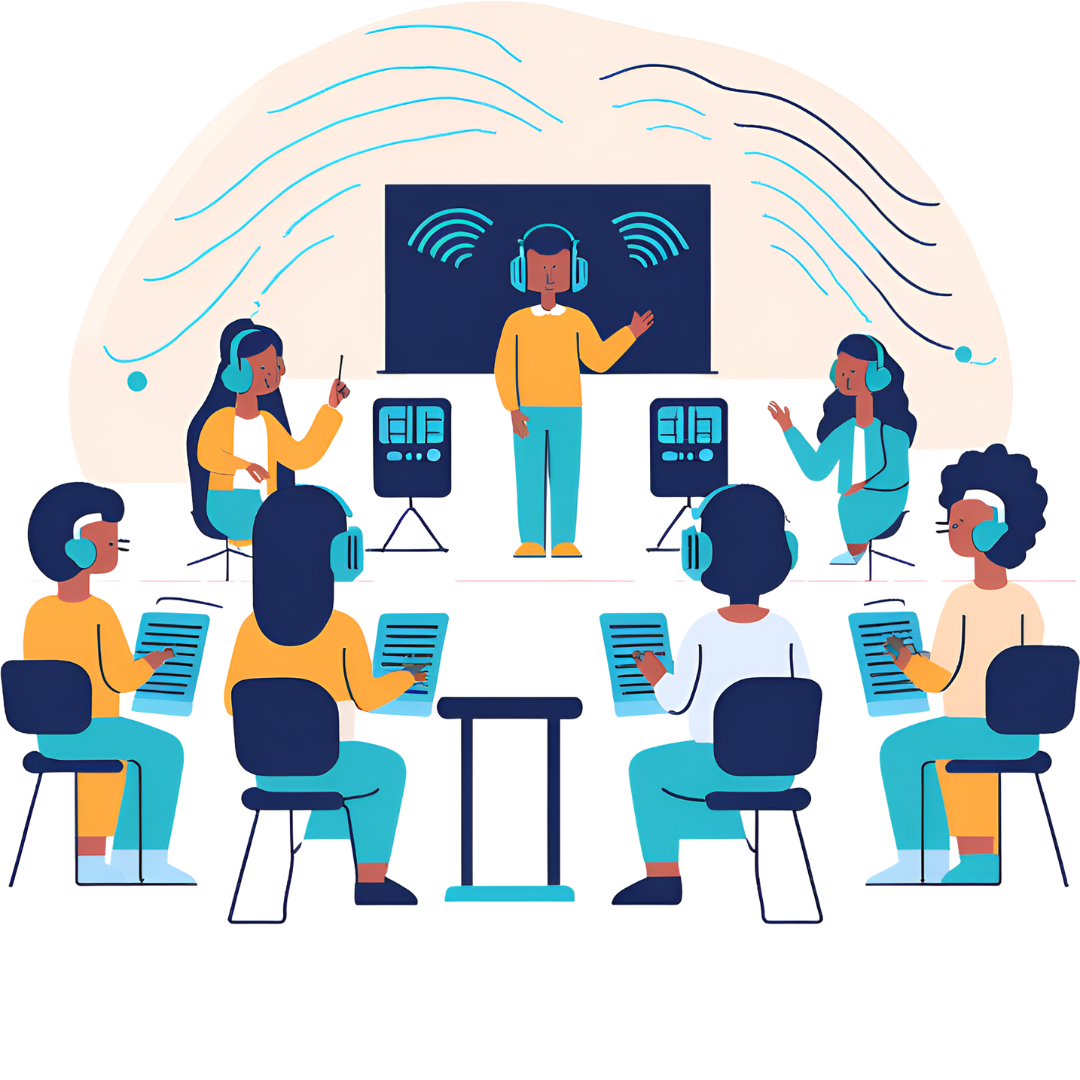Mobile technology: Inspiring the Kid with a Love of Discovering …
For this generation, Technology is the driver for transforming their education … as well as mobile technology is the essential to allowing Learners to take ownership of exactly how they learn!
Innovation urges an extra energetic technique to involve education and learning. Various studies have discovered that device transportability encouraged cooperation as well as involvement since Learners had a lot more prompt access to online resources, and were more probable to share work.
Technology makes it possible for students to customise their experience. Youngsters can proceed by themselves in any place (residence or school / college) and at any moment.
Studies suggest that long-term use of the tablet has a profound effect on pedagogy, and that Learners benefit from having access to content both at school and at home.
Learners appear to have greater engagement with learning, collaboration with peers increases, and teachers can monitor individual progress effectively. There are some concerns about learners' distraction and managing time effectively. It is clear that schools need time to adjust to the introduction of one-to-one devices, and that the functions of the tablet need to be understood by teachers, together with the changes to pedagogy that are brought about by an increase in independent learning.
Tablets enhanced pedagogy by enabling teachers to adapt their teaching style to suit the needs of individual students, and allowed for innovative ways to learn. This was particularly beneficial for special needs students. The devices also improved student, teacher and parent engagement with learning. Tablets were found to foster both independent learning, and collaboration with teachers and other students.
Distraction - A Myth
When it came to students’ levels of distraction, observation sessions noted that students multi-tasked during lessons, for example with messaging apps. However, when asked what they did on their Tablets during learning sessions, 95 per cent said they focused on work. The concept of ‘distractibility’ is unclear. For example, some students claimed music helped them concentrate, others were unable to multitask, and it was also found that a large number of the five per cent of students who were ‘distracted’ during lessons were actually ‘also’ doing work. However, the key is to have clear rules, effective classroom management, and educating students in using tablets responsibly.
Key Benefits
- One of the key benefits for students was near-constant access to teachers.
- Learners were able to access & research relevant content regarding their subjects.
- The learners are able to self pace their learning path and thus achieving the much wider learning outcomes.
- Teachers were able to track their learners progress easily.
- There are a TON of high-quality, low-cost educational apps out there. Many are even free. Check out Edshelf.com to see lots of great apps with reviews from teachers.
- With tablets students can use digital textbooks from NCERT / SCERT
In conclusion
When deciding whether to incorporate tablets into your curriculum, it’s key to define your ultimate goals and major stakeholders. Unanimous acceptance is crucial to make the new initiative work despite the possible downsides.
Tablets prepare students for the future workplace, they give confidence and creative tools unrivaled by traditional classroom infrastructure, and they engage those who are hard to reach and motivate.
.png?width=1322&height=350&name=C3ITXperts-logo-R%20(1).png)




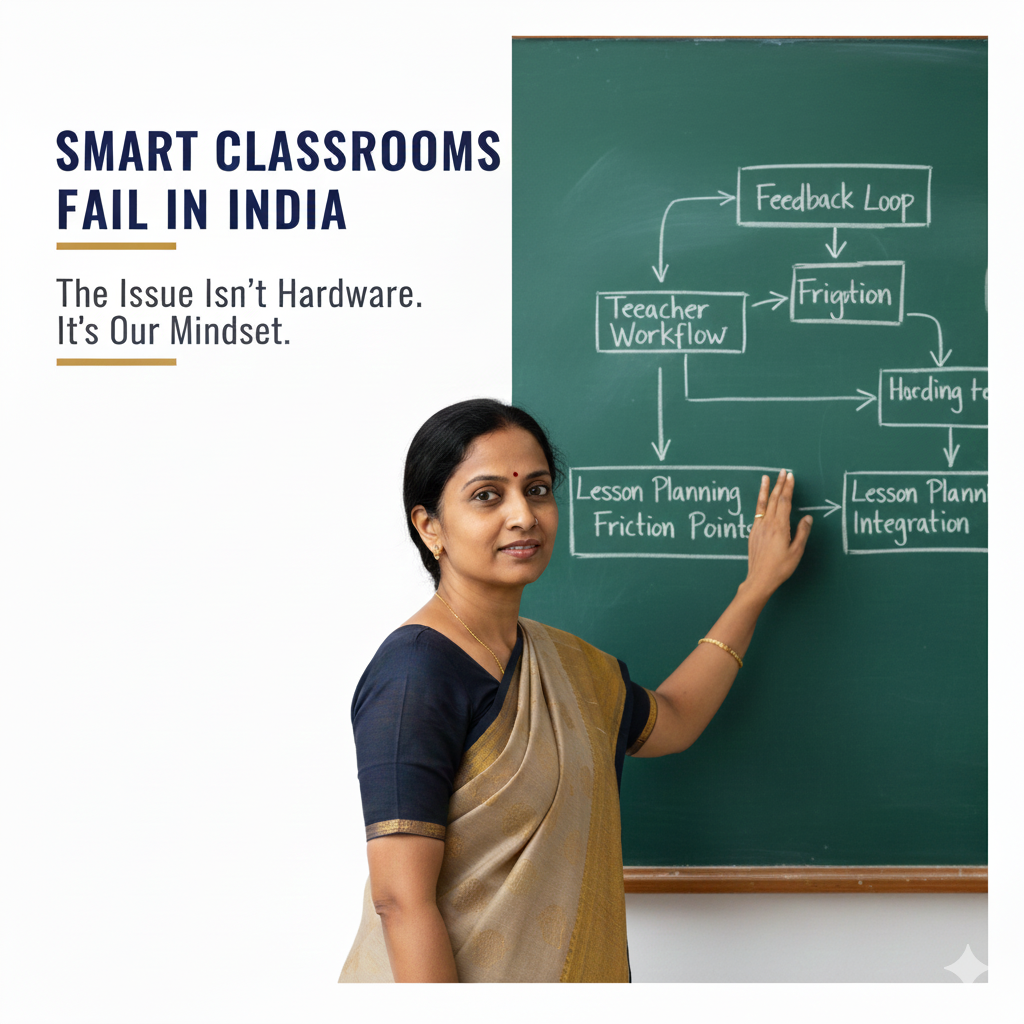
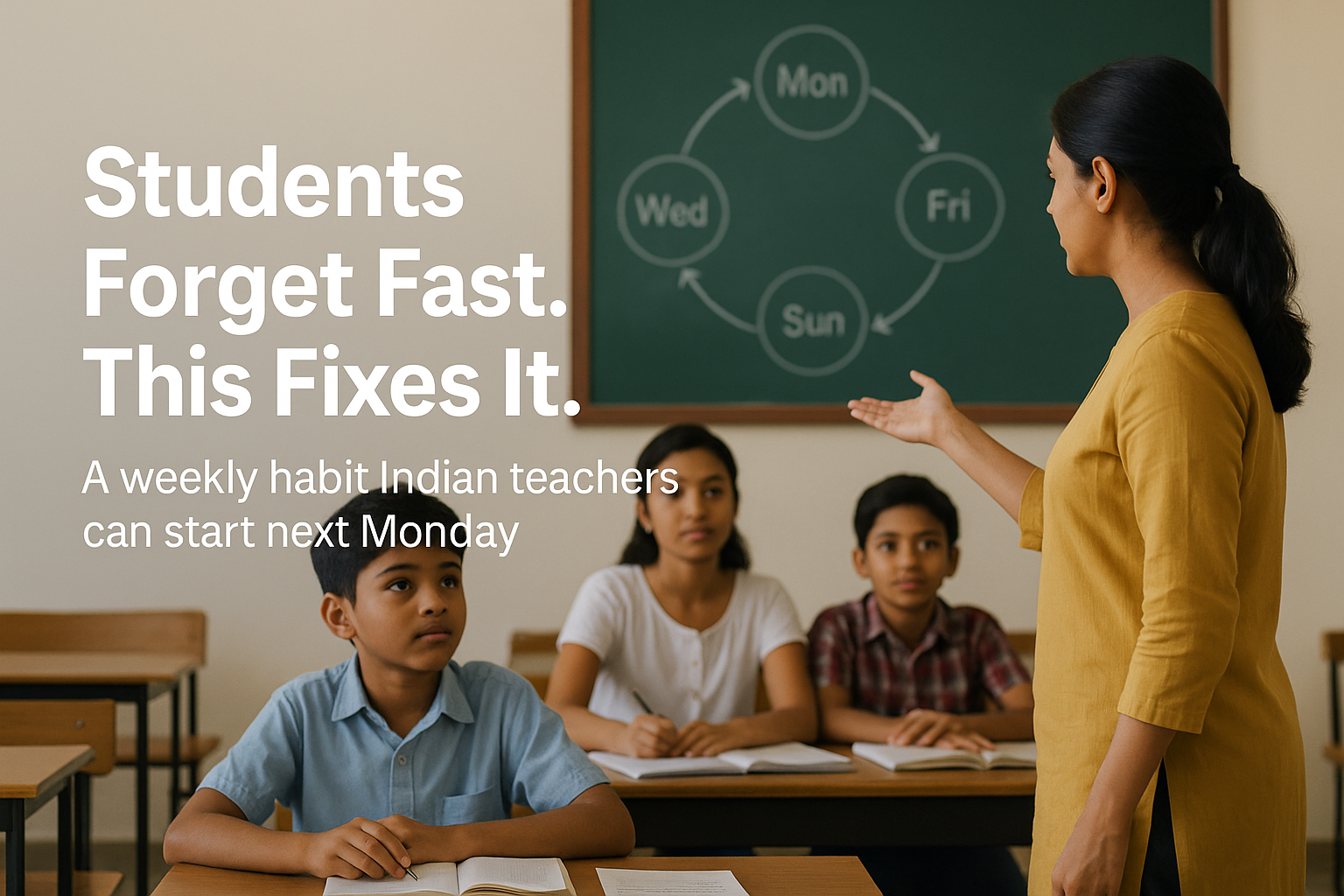
.png)
